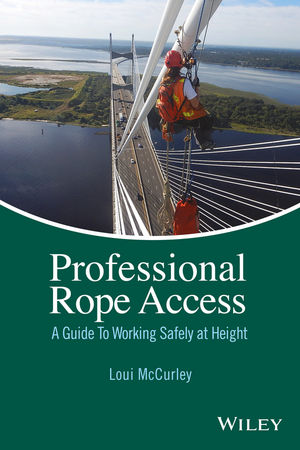As the U.S. has begun to reopen with the coronavirus continuing to affect the country six months after many shelter-in-place mandates developed, workers across a multitude of industries — from manufacturing plants to agriculture to meat processing — are getting sick. Unfortunately for some, it’s become a reality where earning a paycheck means risking your life.
OSHA, the federal government agency charged with enforcing workplace health and safety, has been flooded with whistleblower complaints and few states have enacted laws regarding the pandemic. So what can companies do to operate successfully while keeping their employees and customers safe from COVID-19? Requiring face coverings, implementing thorough sanitation practices, and providing paid leave for all are critical, but businesses should also take into consideration the voices of their workers themselves.
A key role
Workers have a key role to play in designing and implementing new, on-the-job health practices — and even more so when federal standards are not in place. If they aren’t able to speak up when they spot a problem, we risk prolonging this crisis, deepening the economic pain, and ultimately losing more lives.
A recent Bloomberg Businessweek article discusses how some companies have implemented gag orders to stop workers from talking about outbreaks within the company and/or those who have been infected with COVID-19.1
Hundreds of U.S. employers across a wide range of industries have told workers not to share information about COVID-19 cases or even raise concerns about the virus, or have retaliated against workers for doing those things, according to workplace complaints filed with the National Labor Relations Board and OSHA.
Workers at Amazon.com, Cargill, McDonald’s, and Target say they were told to keep COVID-19 cases quiet. According to Bloomberg Businessweek, there are also allegations of “gagging” in OSHA complaints against Smithfield Foods, Urban Outfitters, and General Electric. In an email viewed by Bloomberg Businessweek, Delta Air Lines told its 25,000 flight attendants to “please refrain from notifying other crew members on your own” about any COVID-19 symptoms or diagnoses. At Recreational Equipment Inc., an employee texted colleagues to say he’d tested positive and that “I was told not to tell anybody” and “to not post or say anything on social media.”
Amazon, McDonald’s, and Target have disputed the allegations. REI says it doesn’t prohibit employees from, or punish them for, raising concerns or discussing their own health. General Electric Co. says it hasn’t threatened employees for discussing COVID-related concerns, and Delta says it hasn’t punished staff for sharing diagnoses. Smithfield Foods Inc. says its policy “is the opposite of the allegations in the complaint.” Urban Outfitters Inc. says it encourages employees to report concerns and that OSHA has found no wrongdoing on its part. Cargill Inc. says it considers health information private.
There are numerous other examples in the Bloomberg Businessweek article, which says teachers are also stating to get gag orders.
How to improve?
Employer crackdowns on talking about infections could hide a new wave of COVID-19 infections and cause more deaths. Workers need to be heard and solutions must be developed. MIT research has shown2 that companies with empowered staff who have trusting, collaborative relationships with management are better at quickly identifying challenges and developing and implementing new solutions. This makes sense because workers know better than anyone how to do their jobs best, what risks they face, and how to solve problems in the workplace.
In these types of workplaces, workers may be more likely to flag unsafe conditions and propose fixes because they have received thorough training, feel valued, have open communication with management, and don’t fear retribution.
This will only happen if workers have the freedom to provide input on health practices as well as be able to alert others when someone falls sick. If colleagues are not told in a timely manner, it endangers themselves as well as their family and friends. Workers must also be protected from any retaliation for alerting management to unsafe situations or working collectively with colleagues to address them.
References
2. https://fortune.com/2020/08/18/workplace-safety-frontline-workers-coronavirus










